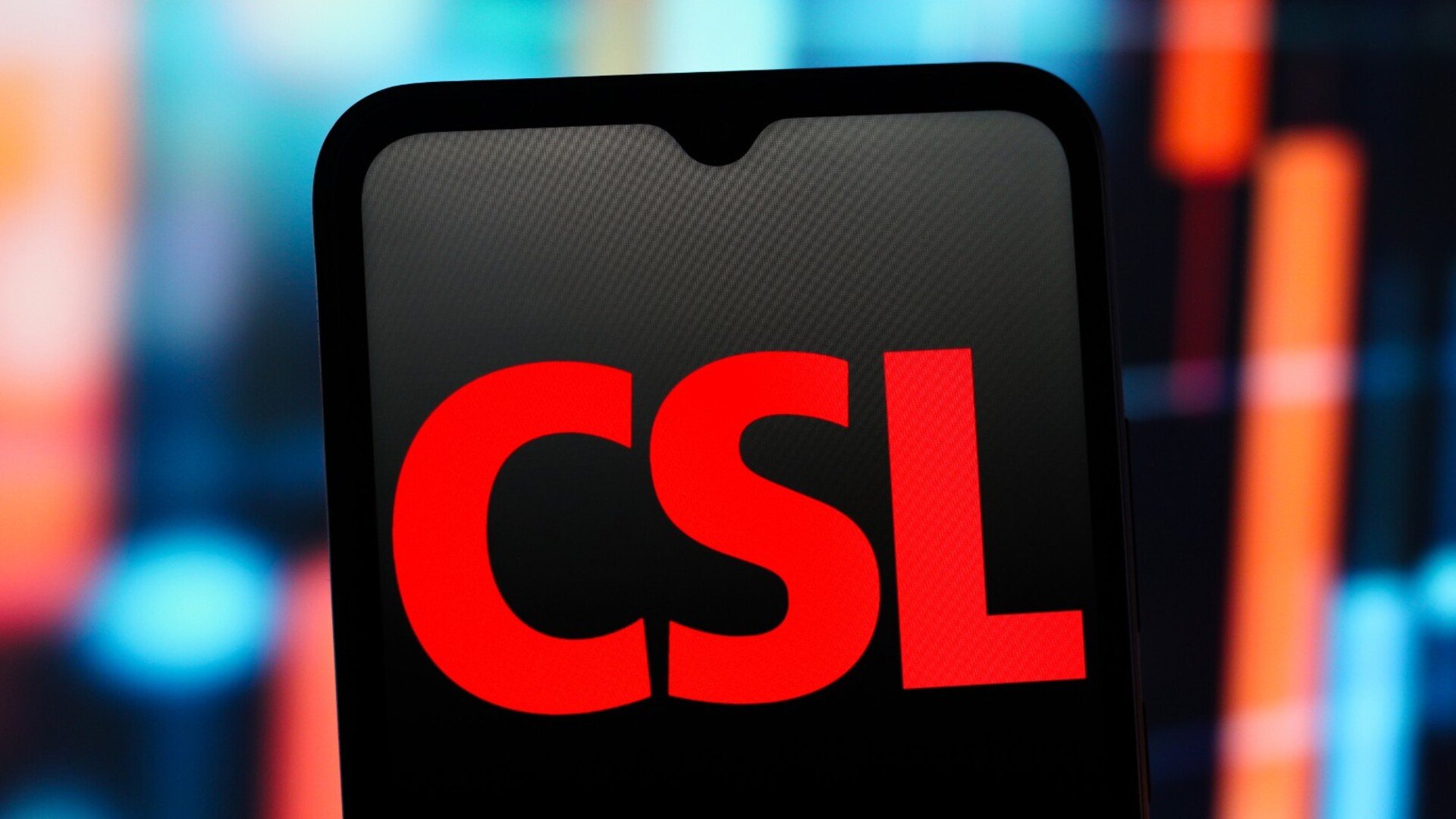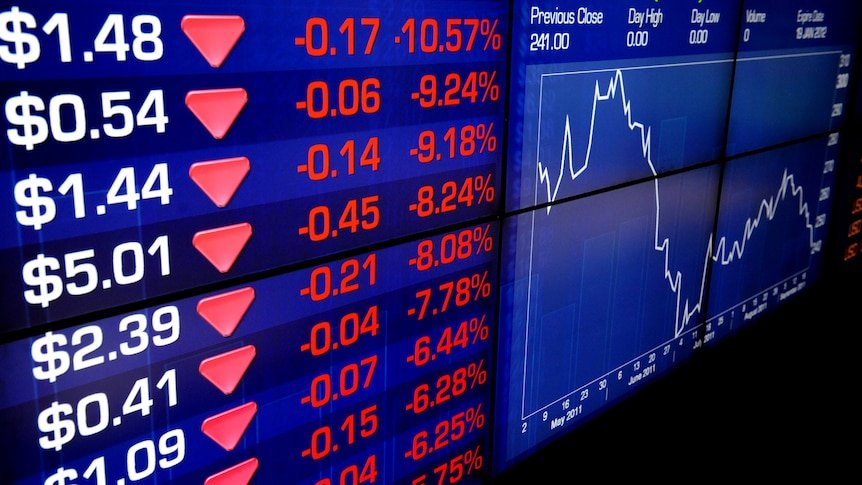Australian biotech giant CSL saw its market value plummet by approximately $22 billion on Tuesday after announcing a sweeping corporate restructure that includes cutting 3,000 jobs and spinning off its profitable influenza vaccine division into a separately listed entity.
The news, delivered alongside a strong full-year profit result, was met with a severe rebuke from investors, making CSL the worst-performing stock on the Australian Securities Exchange for the day.
In the most significant strategic overhaul for the company in decades, CSL’s shares slumped 16.9 per cent to close at $225.50. The comprehensive plan is designed to streamline operations, cut costs, and unlock value by creating two distinct, more focused companies.
However, the scale of the job cuts and the uncertainty surrounding the major shake-up clearly unsettled the market. CSL Chief Executive Paul McKenzie defended the timing of the move, stating the company was acting from a “position of strength” to drive long-term shareholder returns and adapt to a volatile external environment.

Flu Vaccine Arm to be Spun Off
A central pillar of the restructure is the demerger of Seqirus, CSL’s seasonal influenza vaccine arm. The company announced its intention to spin off the division and list it as a standalone company on the ASX by the end of the 2026 financial year.
Seqirus is a major global player in the prevention of influenza and was a significant contributor to CSL’s earnings, generating $US2.2 billion ($3.4 billion) of the company’s total $US15.6 billion revenue in the 12 months ending June 30, 2025.
The company stated that the demerger would grant Seqirus the “autonomy to set an independent strategic direction” and allow it to be “more agile and efficient to manage.”
In a corporate context, a spin-off of this nature allows the new entity to have its own dedicated management team, direct access to capital markets for investment, and a strategic focus tailored specifically to the vaccine industry, separate from CSL’s core plasma and iron deficiency businesses.
This move will allow investors to value the vaccine business independently from the rest of CSL’s operations.
Significant Job Cuts and Consolidation Efforts
Alongside the demerger, CSL announced a significant global workforce reduction. The company will cut approximately 3,000 jobs, representing a net headcount reduction of up to 15 per cent of its 30,000-strong employee base.
The job cuts are part of a broader consolidation effort aimed at improving efficiency and generating substantial cost savings.
The company’s core CSL Behring division, which collects and processes blood plasma to create therapies, will see its medical and commercial functions combined with those of CSL Vifor, which focuses on treatments for iron deficiency and kidney disease.
As part of this streamlining, CSL has already closed 22 underperforming plasma collection centres in the United States this month. Furthermore, the company will consolidate its global research and development footprint, reducing its R&D sites from 11 down to six. These initiatives are projected to deliver progressive cost savings of between $US500 million and $US550 million over the next three years.
Financial Performance and Future Outlook
The restructuring announcement accompanied the release of CSL’s full-year financial results for the 2025 financial year, which saw the company post a 17 per cent rise in net profit to $US3 billion.
Looking ahead, CSL provided guidance for the 2026 financial year, forecasting net profit to be in the range of $US3.45 billion to $US3.55 billion at constant currency, representing growth of 7 to 10 per cent. This guidance, however, excludes any non-recurring costs associated with the extensive restructuring.
To further bolster shareholder returns, CSL also announced its intention to buy back $750 million of its shares during the current financial year.
This marks the first step in what the company described as a multi-year share buyback program, a move often used to signal management’s confidence in the company’s financial health and future prospects. The external operating environment, however, remains a concern, with the company noting the threat of potential US tariffs on pharmaceuticals.
CEO Paul McKenzie stated that the company’s financial guidance assumes no impact from such tariffs, expressing confidence that CSL’s significant operational presence within the United States would mitigate any potential impact.

